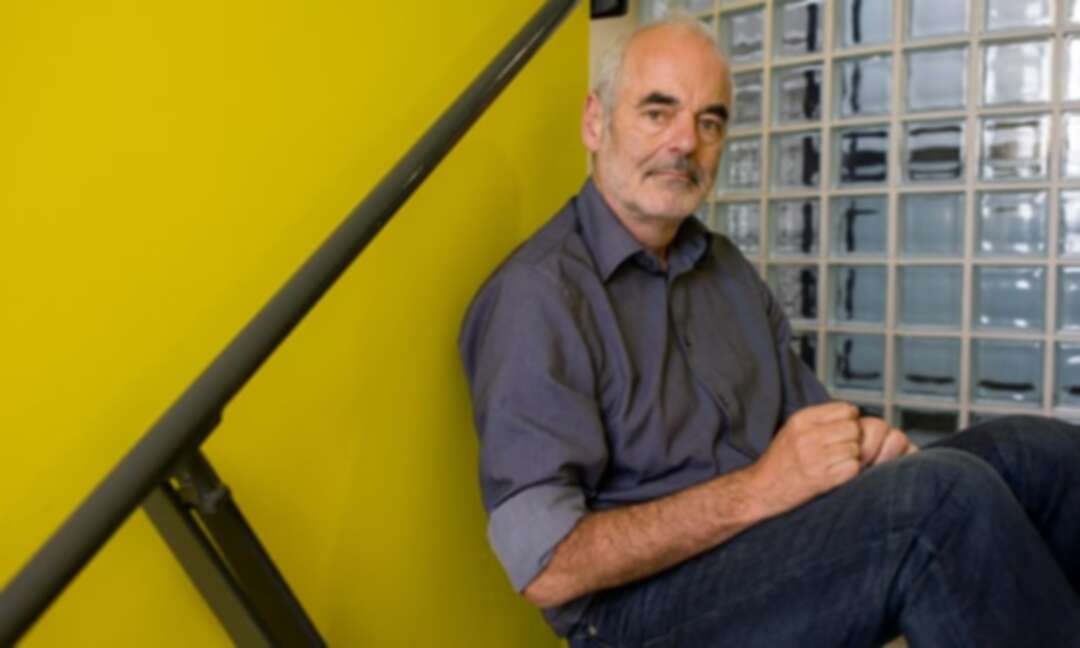-
UK expert urges people in 20s to keep getting coronavirus vaccine

Prof David Spiegelhalter says advantages of vaccinating young people far outweigh risks
People in their 20s should continue to get vaccinated against Covid despite the very rare cases of blood clotting linked to the Oxford/AstraZeneca vaccine because of the wider benefit to their families, friends and neighbours – as well as the direct benefit to themselves, a leading expert has said.
Prof David Spiegelhalter, the chair of the Winton Centre for Risk and Evidence Communication at the University of Cambridge, said the advantages of continuing to vaccinate people far outweighed the risks.
Speaking to BBC Radio 4’s Today programme on Thursday, he said the evidence suggested that if a cohort of people in their 20s large enough to fill Wembley Stadium was given the Oxford/AstraZeneca jab, one person among them would likely develop blood clotting.
While Spiegelhalter acknowledged the concerns around each individual case, he said the risk of each must be weighed against the direct benefits to the tens of thousands more directly protected by the vaccine – as well as the indirect benefits to anyone those people came into contact with thereafter.
“This is something that perhaps should have been emphasised all the time for younger people, who can get long Covid, and it would prevent the huge numbers of that as well, but
He was speaking the day after the government’s Joint Committee on Vaccination and Immunisation (JCVI) announced that healthy 18- to 29-year-olds who were not at high risk of Covid should have the option of an alternative to the Oxford/AstraZeneca jab if one is available.
Explaining the move in terms of risk, Spiegelhalter said that with lower incidence of Covid at the moment and a plentiful supply of alternative vaccines, it was relatively important to try to avoid the risk of the blood clots in healthy younger people, who the evidence suggests are a little more susceptible to the blood clots than older people.
However, he said that, should there be a resurgence of Covid transmissions or a decrease in the vaccines available, the relative importance of the risk of blood clots would decrease.
Speaking to Sky News, the health secretary, Matt Hancock, said there were “more than enough” stocks of the Pfizer and Moderna jabs for younger people to have them if they wished. But he said all three vaccines were safe and anyone who had had a first dose should have a second because there was no evidence of blood clotting after a second jab.
Prof Andrew Pollard, the director of the Oxford vaccine group behind the AstraZeneca jab, said “this is not the time to waver”.
He told Today that while relatively small risks to having the vaccine had been identified, the pandemic “really does continue to threaten the whole of humanity – today about 12,000 people around the world will be confirmed dead as a result of coronavirus”.
source: Kevin Rawlinson
Levant
You May Also Like
Popular Posts
Caricature
BENEFIT Sponsors BuildHer...
- April 23, 2025
BENEFIT, the Kingdom’s innovator and leading company in Fintech and electronic financial transactions service, has sponsored the BuildHer CityHack 2025 Hackathon, a two-day event spearheaded by the College of Engineering and Technology at the Royal University for Women (RUW).
Aimed at secondary school students, the event brought together a distinguished group of academic professionals and technology experts to mentor and inspire young participants.
More than 100 high school students from across the Kingdom of Bahrain took part in the hackathon, which featured an intensive programme of training workshops and hands-on sessions. These activities were tailored to enhance participants’ critical thinking, collaborative problem-solving, and team-building capabilities, while also encouraging the development of practical and sustainable solutions to contemporary challenges using modern technological tools.
BENEFIT’s Chief Executive Mr. Abdulwahed AlJanahi, commented: “Our support for this educational hackathon reflects our long-term strategic vision to nurture the talents of emerging national youth and empower the next generation of accomplished female leaders in technology. By fostering creativity and innovation, we aim to contribute meaningfully to Bahrain’s comprehensive development goals and align with the aspirations outlined in the Kingdom’s Vision 2030—an ambition in which BENEFIT plays a central role.”
Professor Riyadh Yousif Hamzah, President of the Royal University for Women, commented: “This initiative reflects our commitment to advancing women in STEM fields. We're cultivating a generation of creative, solution-driven female leaders who will drive national development. Our partnership with BENEFIT exemplifies the powerful synergy between academia and private sector in supporting educational innovation.”
Hanan Abdulla Hasan, Senior Manager, PR & Communication at BENEFIT, said: “We are honoured to collaborate with RUW in supporting this remarkable technology-focused event. It highlights our commitment to social responsibility, and our ongoing efforts to enhance the digital and innovation capabilities of young Bahraini women and foster their ability to harness technological tools in the service of a smarter, more sustainable future.”
For his part, Dr. Humam ElAgha, Acting Dean of the College of Engineering and Technology at the University, said: “BuildHer CityHack 2025 embodies our hands-on approach to education. By tackling real-world problems through creative thinking and sustainable solutions, we're preparing women to thrive in the knowledge economy – a cornerstone of the University's vision.”
opinion
Report
ads
Newsletter
Subscribe to our mailing list to get the new updates!






















